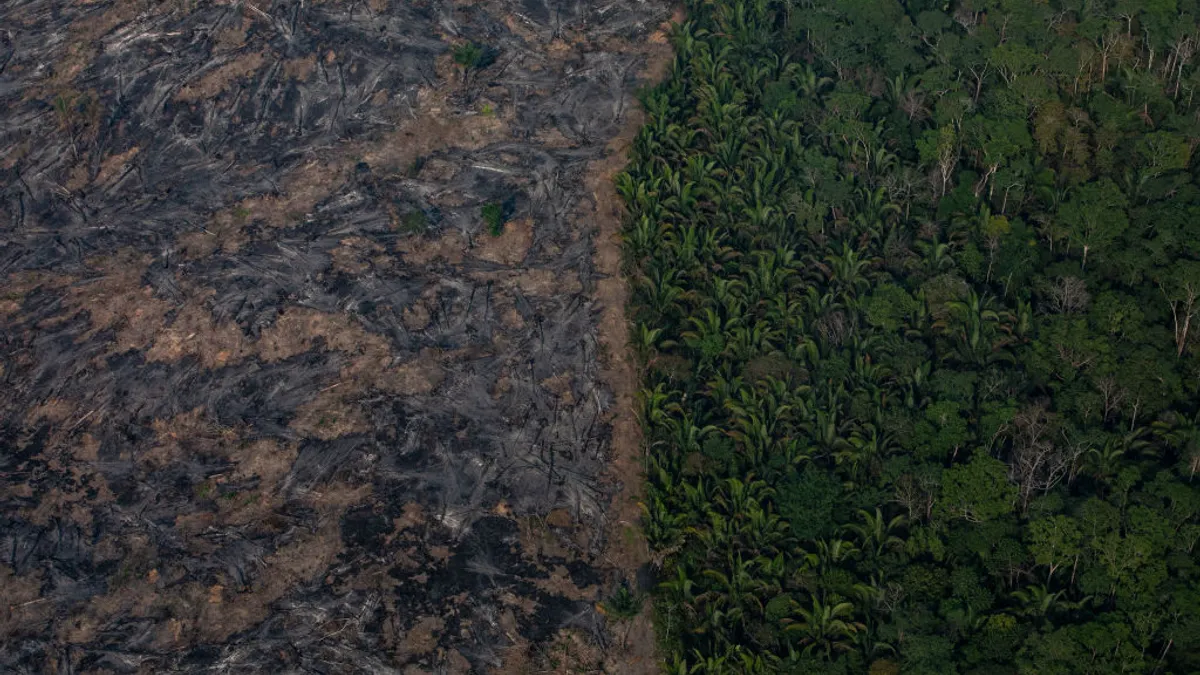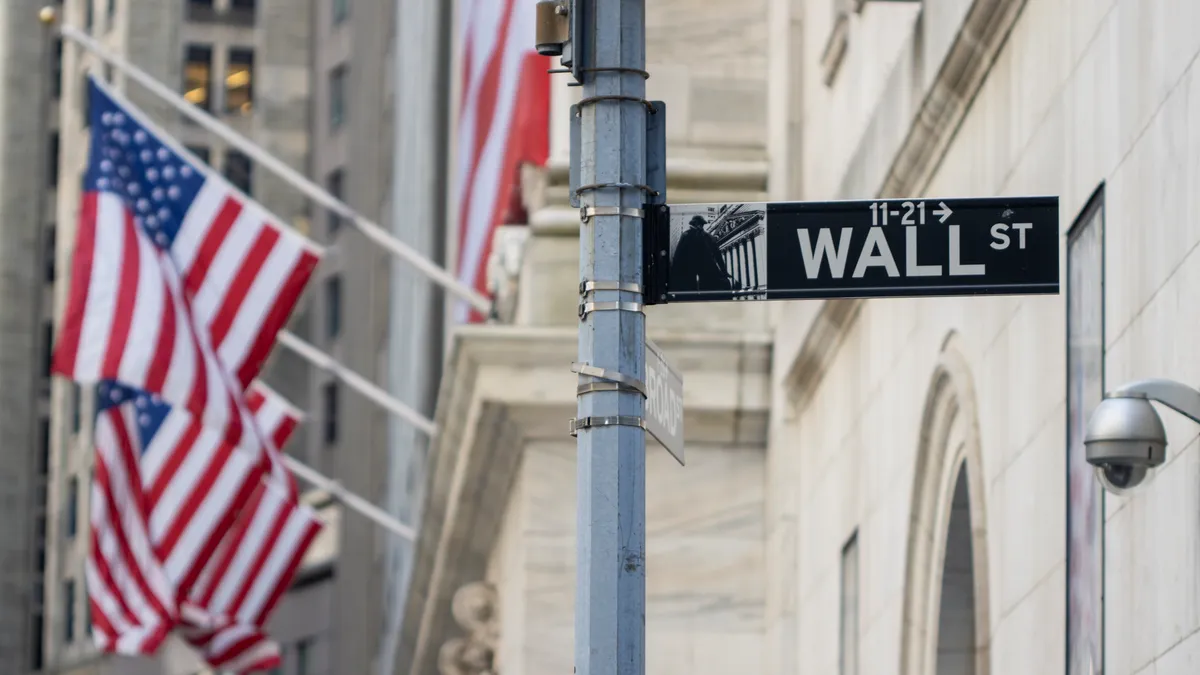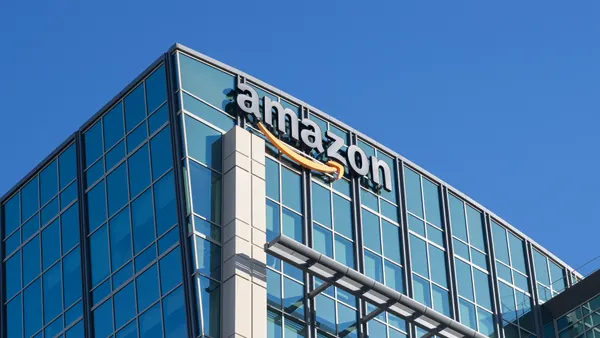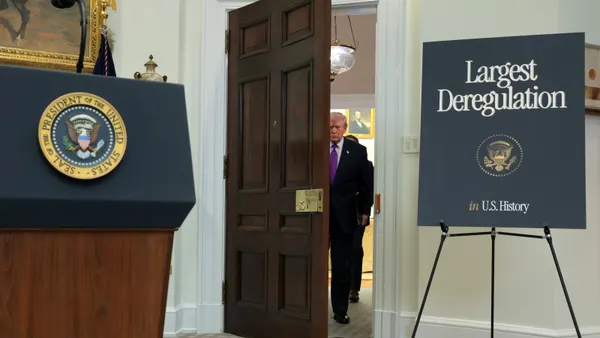Dive Brief:
- JPMorgan Chase clients looking to invest or conduct activities in the Amazon biome will now be subject to enhanced due diligence reviews, according to the bank’s most recent sustainability report published last month.
- The Amazon biome, as defined by the Amazon Network of Georeferenced Socio-Environmental Information (RAISG), joins the Arctic as the two regions where the bank said it will engage in enhanced due diligence for client activities.
- JPMorgan did not publicize the policy changes, which were flagged last week in a release by environmental nonprofit Stand.earth. The Amazon’s addition to areas and activities that require an enhanced review comes after the bank was flagged as the largest funder of oil and gas expansion in the biome from 2016-23, according to the 2024 Banking on Climate Chaos report.
Dive Insight:
The change itself does not come with any inherent restrictions on client activities or transactions in the region, but a JPMorgan spokesperson told ESG Dive Wednesday that each activity and transaction will be considered “on a case-by-case basis, in line with [its] risk appetite and commercial interests.”
“Managing risk is critical to the long-term success of our business,” the bank’s spokesperson said in emailed comments. “We added Amazon Biome as one example of a business location associated with clients and/or transactions we consider sensitive or in need of enhanced review, to facilitate a comprehensive understanding of the associated risks.”
The RAISG geospatial definition, which JPMorgan will use to define the biome, “is widely recommended by Indigenous leaders and activists,” according to Stand.earth.
Allison Fajans-Turner, a senior campaigner at the Rainforest Action Network — one of the environmental organizations backing the annual Banking on Climate Chaos reports — said requiring enhanced due diligence for activities in the Amazon biome is “the bare minimum that we should expect from other large backers of Amazon drilling.”
“JPMorgan Chase has finally taken an essential — if long-overdue — step to confront its role as the largest financier of oil and gas extraction in the Amazon,” Fajans-Turner said in Stand.earth’s Nov. 13 release.
After 30% of JPMorgan’s shareholders supported a proposal to require the bank to issue a report on its practices on Indigenous People's rights in the 2024 proxy season, JPMorgan reached an agreement with shareholders proposing a similar filing in the most recent proxy season.
The United Church Fund withdrew its proposal to the bank in April — after JPMorgan submitted a no-action request on the filing — once the bank agreed to add a disclosure stating “the company will consider free, prior and informed consent where risks are identified before proceeding with transactions that may have material implications for Indigenous Peoples.”
“Promises on paper to respect Indigenous and human rights and screen clients operating in the Amazon biome fall far short of what’s needed: real financing exclusions applied to the Amazon and other fragile ecosystems and rigorous implementation of human rights protections for Indigenous peoples and all affected local communities,” Fajans-Turner said in the Nov. 13 release.
In addition to the Arctic and the Amazon, JPMorgan requires a case-by-case enhanced review for coal mining and coal-fired power activities; clients whose “main business is the physical trading of conflict minerals,” cobalt or diamond trading; and hydropower, agricultural commodities or downstream agricultural commodity use in non-designated countries.













